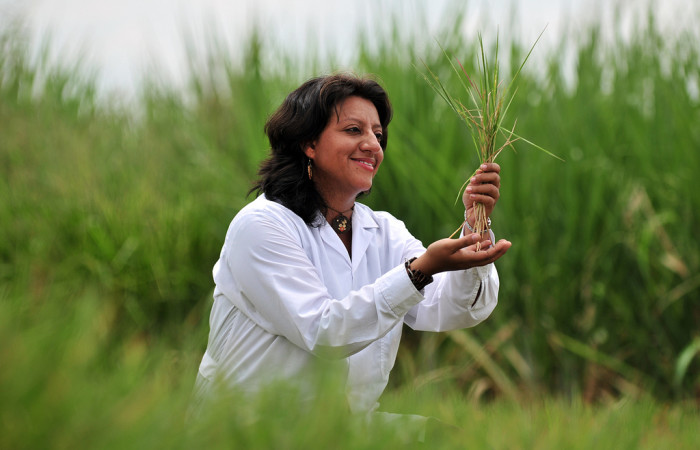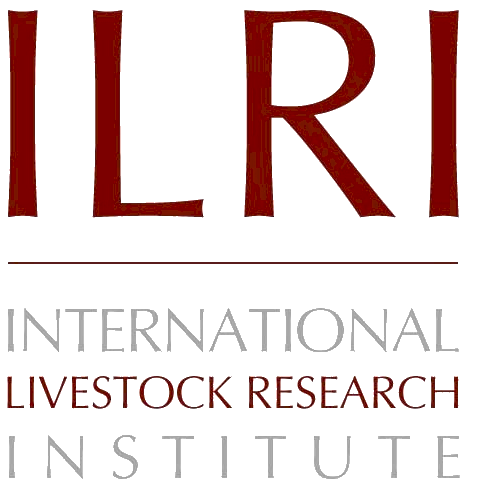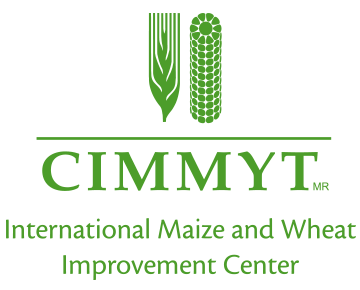
Researchers form a new consortium to improve soil health and water quality, and decrease greenhouse gas emissions through biological nitrification inhibition.
Global nitrogen fertilizer consumption has increased more than 10-fold since 1960s, but food grain production has only tripled in the same time period.
Globally, about 150 million tons of nitrogen fertilizer is applied to fields, but only 30% of it contributes directly to increasing crop yields. The remaining 70% of nitrogen often causes negative environmental consequences, including nitrous oxide (greenhouse gas) emissions and groundwater pollution from leaching. That 70% – representing an extra 105 million tons of nitogen fertilizer – also causes US$ 90 billion in economic losses annually.
If increasing nitrogen fertilizer use continues along the same trajectory, nitrogen applications will double by 2050 and will cause nitrous oxide emissions to quadruple from agriculture. Continue reading.








